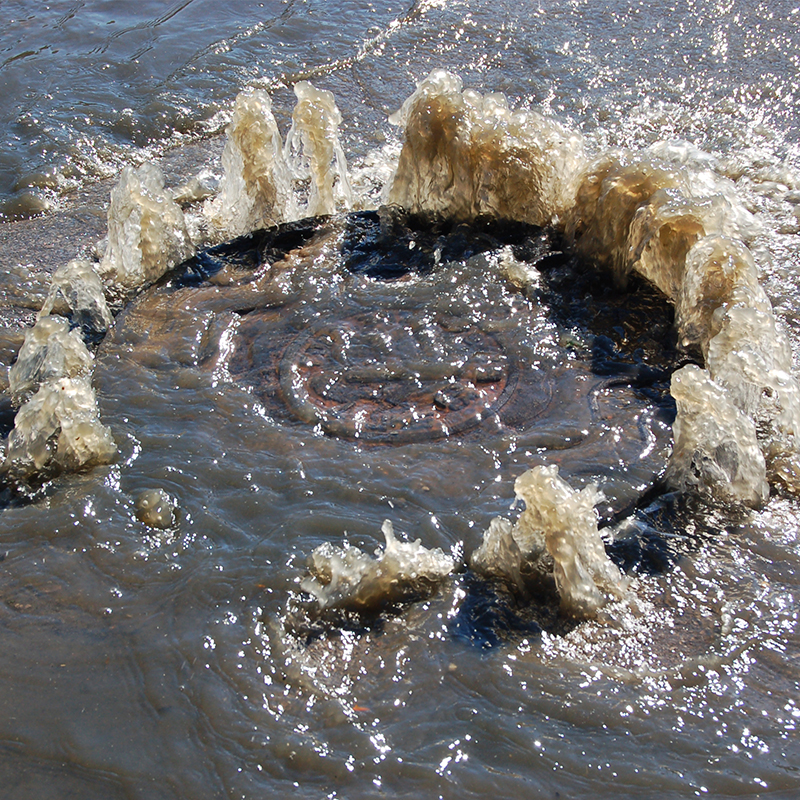
Public SSO Notifications
Within Past 6 Months:
NONE
What Are Sanitary Sewer Overflow (SSO) Notifications?
SSOs are an unintentional discharge of wastewater to the environment.
Why Do SSOs Occur?
On infrequent occasions, SSOs can occur when the capacity of the sewer system is exceeded. SSOs are usually due to extreme conditions such as heavy rainfall, or an obstruction or break in sewer lines. These events may also occur to reduce the risk of sewage backup in homes and businesses.
Why Is the Public Notified?
During such events, flow may be discharged to the environment and potentially local receiving waters without being fully treated. Public health officials recommend avoiding contact with receiving waters for up to two days after SSO discharges have ended.
How Do I Receive SSO Notifications?
This page posts notifications of ongoing SSOs as well as SSOs that have occurred during the past sixty (60) days. In addition, SESD reports all SSOs to the Massachusetts Department of Environmental Protection and the Environmental Protection Agency as required.
SESD will also send out a public advisory notification. On business days, updates are made approximately 1 hour after the notification. During weekends or holidays, this website will be updated on the next business day.

How Can I Prevent SSOs and Backups?
Protect your property and environment from sewage by following these simple rules:
DON’T: FLUSH
- Wipes (even ones that say flushable)
- Diapers
- Sanitary napkins
DON’T: DRAIN
- Fats, Oil, Grease
- Roof drains or sump pumps to sewer system
DON’T: PLANT
- Trees near sewer lines
For a complete list of items that should not go down the toilet or to learn more, click the button below.

Additional Resources
View a list of discharge and overflow events on the MassDEP website here. This list is updated within 24 hours of when the public advisory notification is sent. Enter the community name in the Permittee field and click Search.
The fastest way to get information is to sign up to receive public advisory notifications directly from SESD.
For more information, please visit the Commonwealth of Massachusetts website to read a guide about Sanitary Systems and Combined Sewer Overflows. The Environmental Protection Agency (EPA) website also has additional information on SSOs for our New England region.
